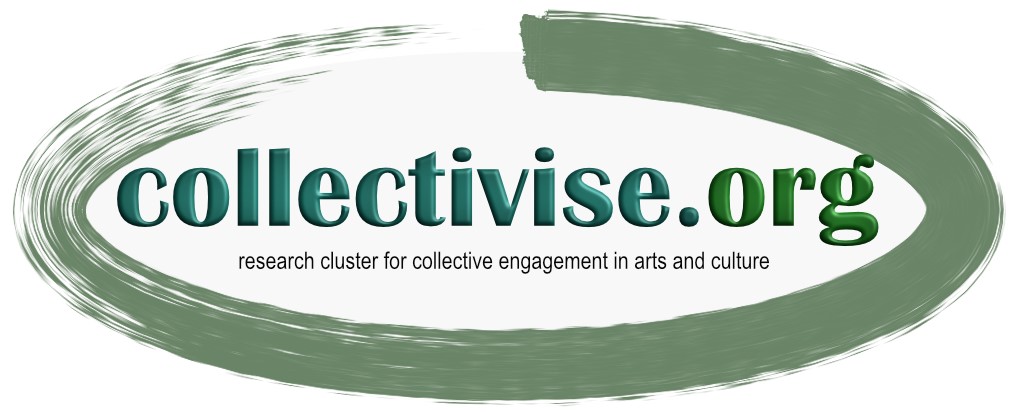The collectivize (Culture) project addresses a critical gap in the study of collective work within the arts and cultural sector. While international discourse on collectivity often focuses on aesthetics and conceptual frameworks, the organizational infrastructures that sustain collective practices remain largely underexplored. Our research aims to shift this focus by identifying recurring patterns and shared structural elements in contemporary collective work.
The research team, comprising Bahman Iranpour, Julian Kraemer, Lilli Kim Schreiber, and Mariem Bettouhami, brings interdisciplinary expertise in cultural theory, art practices, and governance models. Bahman Iranpour, a PhD candidate at Zeppelin University, focuses on socially engaged art and independent artistic practices in contemporary Iran. Julian Kraemer, an artist and cultural scientist with a Master's degree in Arts, Media & Creative Industries from Zeppelin University, explores collective engagement as an own form of democratic appropriation. Lilli Kim Schreiber, an advanced BA student in cultural management at Zeppelin University, specializes in the sociology of the arts and international intermediary organizations from a cultural policy perspective. Mariem Bettouhami, a classical singer and music teacher with both a bachelor's and master's degree from the Institut Supérieur de Musique de Tunis, brings expertise in opera and performance arts to the team.
